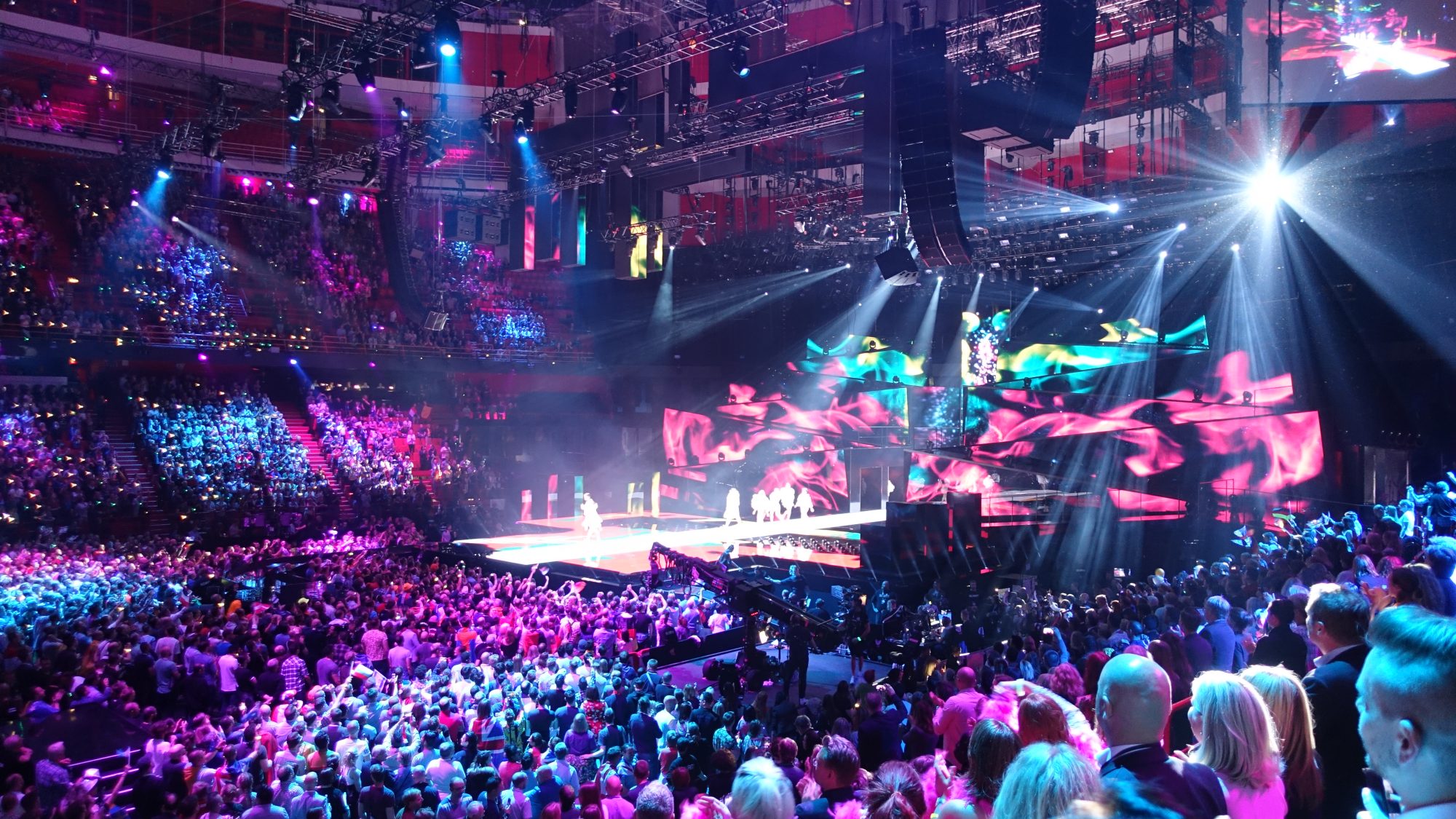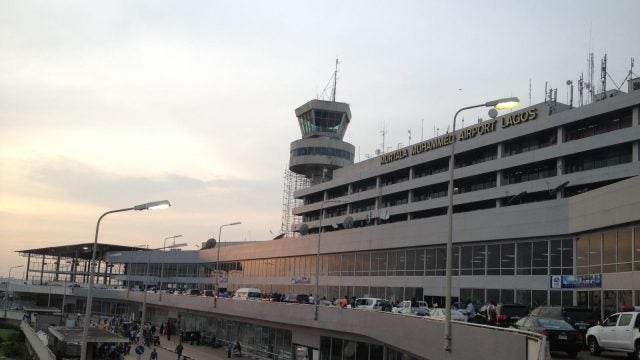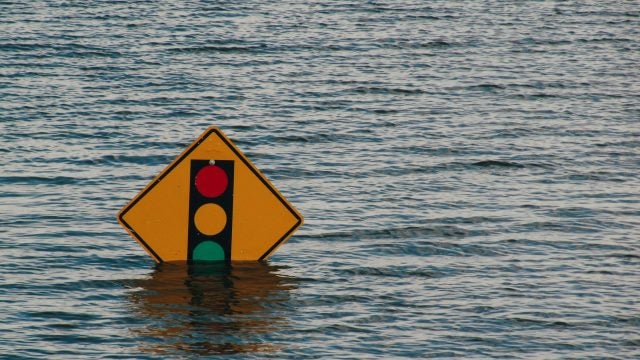
Title: The Politics of Eurovision after the Invasion of Ukraine
This article focuses on the politicization of the Eurovision Song Contest in Ukraine in terms of nation-building in a post-Soviet context. Drawing from recent developments in Ukraine since the annexation of Crimea, it also sheds light on how the current Russian invasion of Ukraine may impact the upcoming competition in 2022.
The Russian invasion of Ukraine has had profound consequences for the world. In addition to humanitarian concerns, ramifications for oil and gas prices and global supply chains demonstrate the interconnected nature of the global economy. The same is true for popular culture, with sporting events being affected by the crisis. The Eurovision Song Contest is no exception.
The Eurovision Song Contest has often reflected or even shaped attitudes toward Europeanness. An examination of its history provides an opportunity to explore how the contest has echoed and driven change, showcasing how countries want to be perceived by others through participating or hosting the competition. In Ukraine, the Eurovision Song Contest should be viewed as a highly politicized event.
Ukraine joined the competition in 2003, after its participation was orchestrated by a public relations agency, CFC Consulting. It was the agency that approached relevant government ministers, convincing them of the merits of using this competition to manage and advance Ukraine’s international image. From the outset, the competition was politicized in Ukraine and took on huge significance following the country’s first victory in the contest in 2004, which they hosted the following year, only months after the Orange Revolution. To encourage tourists to visit, visa regulations were waived for EU nationals for three months. This initiative later became standard policy.
Analysis of Ukraine’s Eurovision entries reveals the complexities of Ukrainian nation-building in a post-Soviet context, raising questions about what is representative of Ukrainian culture, and what is not. Ukraine’s representation on the Eurovision stage demonstrates the sensitivities of national identity in Ukraine. The Ukrainian-ness performed through entries such as Ruslana (2004) and Greenjolly (2005) is that of an elite-level, western Ukrainian narrative of nationhood, which arguably does not necessarily represent significant proportions of the country. Subsequent performers have further highlighted the contested nature of identity politics in Ukraine. Acts like Verka Serduchka (2007) and Gaitana (2012) exemplify this, as both became targets of politicians and the media. Gaitana, a mixed-race singer, was singled out by a politician, who, in what can only be described as a racist rant, argued that she was unfit to represent the country as she was “not an organic representative of Ukrainian culture.” The Eurovision Song Contest has become a battleground in Ukraine in terms of representing a unified narrative of nationhood and national identity.
By the time Ukraine won the competition in 2016, the political situation was very different – Crimea had been annexed and a prolonged armed conflict had broken out in the east of the country. The winning entry performed by Jamala was a song about Crimean deportations during World War II. According to the rules of the competition, political references are banned. However, the Ukrainians successfully argued that this was a historical song with no reference to specific countries or political events. Ukraine’s win in 2016 came at the expense of long-standing favorite Russia. Working as a Communications Manager for the both the 2016 and 2017 Eurovision Song Contests, I saw the inner workings of the competition first-hand as well as the controversies. In short, for Russia to lose with one of their biggest acts, Sergei Lazarev, was bad enough, but for them to lose to Ukraine with a song about Crimea was a step too far for the delegation.
Further controversy ensued in 2017 when the competition was hosted in Kyiv. The Russian delegation, who had been largely silent despite being asked about their plans, submitted their entry for 2017 at the final moments before the deadline. They opted for the singer Yulia Samoylova, who was also a wheelchair user. Complications soon arose though when it emerged that she had visited Crimea following the Russian annexation. This was illegal according to the Ukrainian government and she was subsequently banned from entering Ukrainian territory. Despite the best efforts of the European Broadcasting Union (EBU), which oversees the event’s organization, to find a solution, including the possibility of Yulia performing from Russia via satellite, neither the Russian delegation nor the Ukrainian authorities would budge. As such, Russia withdrew with their singer announcing plans that she was to perform in Crimea on the night of the Eurovision final. This was a cynical move from Russia, but one which Ukraine appeared to play into the hands of. The headlines were not about Russia deliberately choosing a singer who was never going to be allowed into Ukraine, but about Ukraine banning a wheelchair user while at the same time unveiling the slogan, Celebrate Diversity.
Politics and the Eurovision Song Contest are heavily intertwined in Ukraine, and the country’s second victory in 2016 was the nadir. Until now. The Crimean issue has arisen several times over the years with participants of the live public selection regularly being asked by panelists what their views are on Crimea. In 2019 the winning singer, Maruv, was asked about it, and clauses were added to her contract preventing her from performing in Russia should she represent Ukraine in Eurovision. Objecting to this, she withdrew from the competition, and her fellow contestants refused to take up the offer to perform in solidarity. Faced with no representatives, Ukraine was forced to withdraw.
Crimea became an issue again in 2022 after it emerged that the chosen singer, Alina Pash, had visited Crimea and there were still questions concerning the legality of her visit. She eventually withdrew and was replaced by the group Kalush Orchestra. Following the Russian invasion of Ukraine, the EBU initially tried to distance itself from the unfolding events, releasing a statement reiterating the non-political nature of the event. As momentum grew and Russia was suspended from FIFA and UEFA competitions, this position quickly grew untenable. In a highly unusual move, the EBU banned Russia from the competition citing that the country’s participation would bring the contest into disrepute.
This was a bold move from the EBU, especially given the popularity of Eurovision in Russia. It is also the second year in a row that they have banned a participating country. In 2021 Belarus was asked to change its song due to what was perceived as overtly political sentiments following protests against the presidential election of 2020. The Belarusian broadcaster refused to change the song or the lyrics, which included references to teaching people to “toe the line,” and was subsequently ejected from the competition. The state broadcaster, Belarusian Television and Radio Company, have since had their membership in the EBU suspended altogether. The latest developments mark a shift in the EBU’s governance of the Eurovision Song Contest. Whereas in previous years contentious issues were somewhat glossed over, the EBU has begun to show its teeth. This is to be welcomed but is not without risk.
While the Eurovision Song Contest is not political per se, politics can and do play a role, just like any other large international event. The World Cup and Olympic Games have all become politicized at times, yet the events still endure. 2022 marks a turning point as the expulsion of Russia from the competition almost represents an acknowledgement from the EBU that Eurovision is not above or entirely removed from politics. It could be argued that the situation in Ukraine is now a humanitarian issue, but it is one which has emerged because of shifting geopolitics. The EBU is wise to acknowledge this.
Countries win the Eurovision Song Contest despite politics. Recent victories from Israel, Azerbaijan, and Russia are examples, where the public and expert juries have voted for these countries despite challenges on the international stage. Should Ukraine win the competition in 2022, which is a distinct possibility, it will undoubtedly be an emotional moment, but it may also be one of the first times that a country has won specifically because of politics.
The Eurovision Song Contest is, therefore, at a crossroads between trying to maintain the apolitical nature of the event and yielding to the reality of organizing international competitions. Eurovision as a television program is nearly seventy years old. It has adapted and evolved through major periods of change, and with a large and growing audience, it will continue to do so. It is now up to the organizers to acknowledge the special role of this event and not shy away from the political symbolism it so clearly has. They have set out their stall. It is now time for them to stand by this and continue to enact and enforce their values.
The notion of unity is one which remains. Eurovision is an extraordinary event, unique in the television calendar, and one which has the capacity to unite people through music in a way that few events can. The cancellation of the 2020 content in the wake of the global pandemic and its return in 2021 show that the world needs Eurovision. It is not only a joyous and special event, but also a beacon of hope in dark times. As I write this, the words spoken by ABBA’s Bjorn spring to mind. In a speech in 2016 he said: “For me the Eurovision is a powerful symbol, and I would say, even a weapon in that fight against the dark forces that want to drag us back to the Middle Ages again. Those hours when the final is on the air … is one of the few times nowadays when Europe gets a sense of what it’s like to be connected. No other event really comes close to that… it is more relevant than ever.”
…
Dr Paul Jordan is an expert on the Eurovision Song Contest and published his PhD thesis, “The Eurovision Song Contest: Nation Branding and Nation Building in Estonia and Ukraine,” in 2011, followed by his monograph in 2014 and edited collection in 2015. His research interests include post-Soviet politics, namely in Estonia and Ukraine.
Image Credit: David Jones, Attribution 2.0 Generic (CC BY 2.0)
More News

Africa accounts for approximately two percent of global air travel. Given the continent’s vast size and large distances between major trade hubs, enhancing intra-African air connectivity will be…

An estimated 7.9 million Venezuelans migrated abroad for the long term under President Nicolás Maduro’s rule as Venezuela’s political, economic, and social crises have deepened. Alongside rising Venezuelan migration, migrants…

Amid stalled U.S. federal climate engagement and intensifying transatlantic climate risks, subnational diplomacy has emerged as a resilient avenue for cooperation. This article proposes a Transatlantic Subnational Resilience Framework (TSRF)…